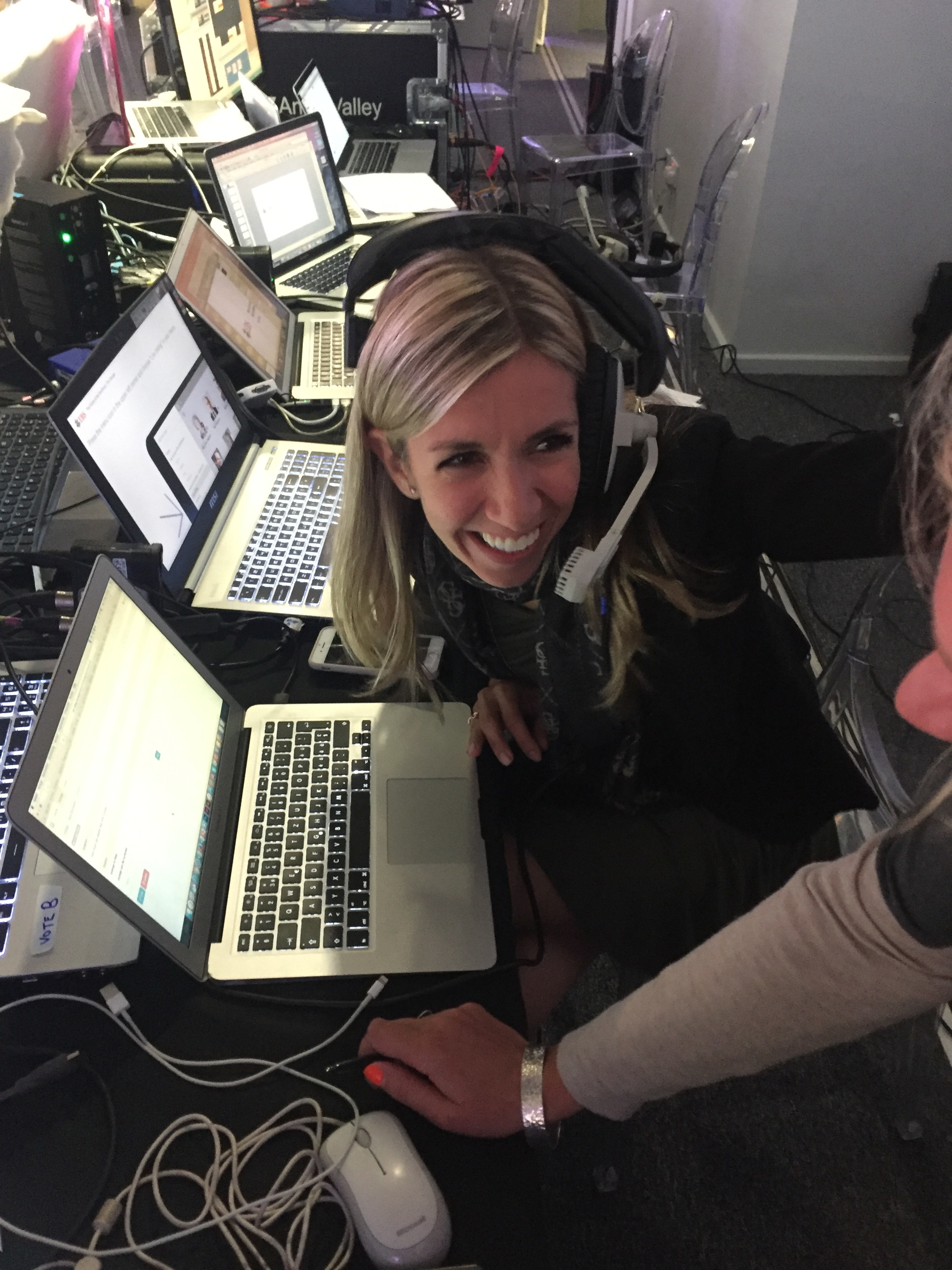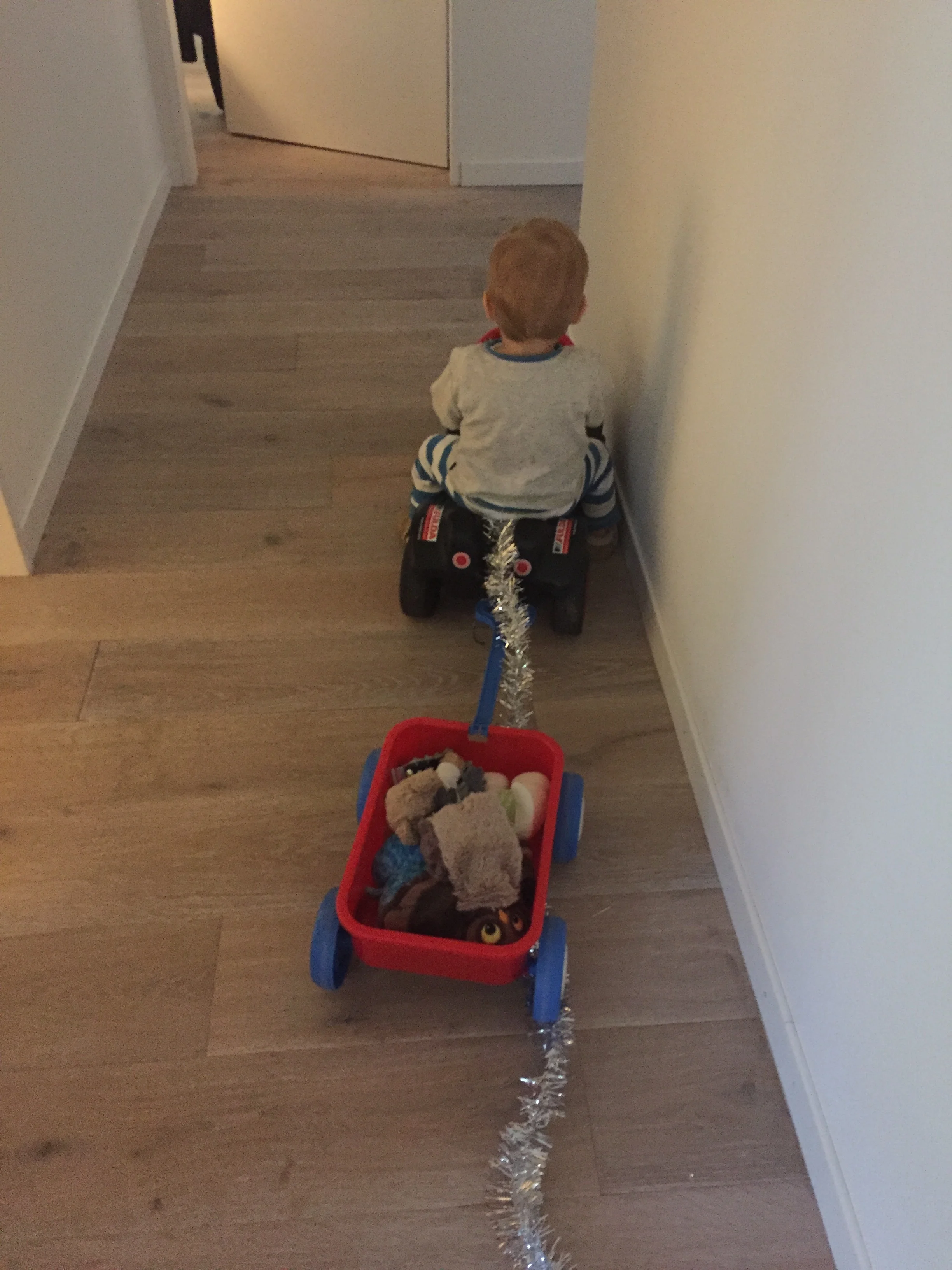I am one of those lucky people who have had the blessing of enjoying their grandparents well into their thirties, and hopefully until later on still.
Having grandparents around has formed many of my opinions and stances in life, has given me a different take on history, sacrifices, resilience and family relationships. Their wisdom, beliefs, sometimes a bit outdated but so real, their hard work, their memories.
Their hands. Hands that used to make their own food, wine, olive oil, tomato sauce, made their own clothes, built and repaired everything, from watches to cars to their own houses. Hands that to this day help my own children picking cherry tomatoes from their plants. Stories of home births, friendships, respect, family bonds, lands, money, passions, shootings, war cutting through their own memories.
The stories of my great grandma, grandmother of my mother, who woke up every morning at 5am and walked up and down hills, whose long grey hair were tied up in a perfect bun every morning, whose piercing blue eyes had seen and lived through so much. Those same blue eyes that a hundred and thirteen years later came back in my second son. Her husband had fought in the first and second world war, twice came back, last time deaf, his hearing lost to the deafening noise of flying airplanes. I had the luxury to hold her hands until I was twenty one. I have very clear memories of hot summer visits to her house, I used to open the door, call her name while running up the stairs, then sit with her, or help her make bread, her bed, water her plants. She always had money for her grandchildren, so we could buy ice cream, more like fifty ice creams truth be told. Jumping around her when she went to pick up her own salad in her field and let me go with her, the simple acts can be the greatest source of happiness for children. Her rabbits, feeding them with her gave me one of the happiest memories I still nurse. She was so calm and still, I loved being around her. Her name was Venera, that too I loved.
The downside of having great grandparents is of course seeing them going. The last summer she was with us I sat there with her holding her tired hands, she was 98, still independent and doing well, she was afraid she told me, she knew she had to go.
I have never been able to see them and enjoy them as much as I would have wanted due to distances, I remember crying loud as a child at the end of every summer when the time came to say goodbye. We did everything possible to see them often and they came to visit often, but to me, it never felt enough.
Clear memories of my grandfather on my father`s side come back too. He had so many stories of his youth, so much passion for his family and was so keen for us all cousins, children of his six children, to play together and stay together, keep in touch through life, he built something close to a family residence in order for us to be able to see each other as often as possible, mostly in the summer, gave houses to all his six children, land to all and gifted his family with land too out of fraternity and generosity. He raised his children with his wife with the strongest love and fraternity bonds that to this day I have ever witnessed in siblings. I remember my grandma's happiness and how she laughed when she put my baby brother in my old father's walker, it was an ancient model with no seat and my brother's chubby wobbly legs scrambled. He was not happy, she picked him up, laughed more, conforted him. I watched her being happy. I used to walk with her in her backyard, we picked berries, she showed me plants. I remember her smile and her insuline syringes. Sadly I was six when she went, too soon. The legacy behind however lives on. The four brothers and one sister of my father would do anything for each other. Their parents gave always the highest importance to family bonds. Grandpa was so in love with his wife, until well after she was gone, over ten years later, he spoke about how beautiful she was and how much he loved her. It was an early lesson of what I wished for in my own relationship. He had deep respect for his friends and his closest friend, the Count of his town, until the last year he lived he insisted on visiting the only daughter of his long gone friend, who by then was in her late 60ies and had no children, living mostly in London and returning to the family lands only once a year. He was there to visit her as he had promised his friend, her father, he would be there for her.
At five years old I remember insisting on cutting a biscuit with a knife, for some reason I got away with trying and ended up slicing my finger. I remember to this day the warm touch of my grandma who held my bandaged finger till I fell asleep. Mums have no time for that, as a mum now, I know that well. But grandparents do. They infuse that patience and calm and love in children that no one else can match. The patience and care of my grandpa taking me to his lands to pick nuts and figs as a child, my little tantrums and their smiles. The little hand-made baskets I was given, the simple soothing things they would do for their grandchildren.
I feel sad in a way that due to the fact that many of us are having children later in life a whole generation will somehow miss out on being a young grandparent and the next generation will miss out on the invaluable treasure grandparents can be. Yes, we live longer, but no one is getting younger.
All of the above was possible thanks to the fact that my grandma married her ten years older husband at seventeen and had a baby, my mum, almost immediately, my own mother had me at twenty-five, and then off I went and only sat at thirty-two years old, seven months pregnant, in a birth class of first time mums where I was the youngest woman.
The downside of my invaluable memories with my grandparents is seeing them aging and having had to say good bye once I had got to know them well. Seeing them dealing with the brutally miserable aging process. Losing their strength, losing some of their memories. A part of you goes, at the same time they live in you, but they are no longer there and every time the memory comes back, it stings.
Over the past few years I have done what I could to bridge distances. I have two grandparents left, and I treasure them. I have been flying my grandma over to visit us twice a year, visited whenever I could, face-timed, with my brother we massaged their tired shoulders, played cards, sat with them, asked them of their past. To bridge distances and my own guilt for not being closer this year I bought massage devices and sent massage therapists. Spent sleepless nights going through pictures of the past 90 years, together with my mother, to prepare the album of his entire life for my grandpa's 90th birthday. Fearing I would not make it as his health started to deteriorate 5 weeks before his big birthday. Some of his memories are gone. I was holding his hand on Easter Monday, relieved that despite the last few tough weeks he is doing better. His mind still works and memories are there but some are faltering. He recognises me, but asked me where do I live now. "Ah, I have a granddaughter who lived in England and now lives in Switzerland, works for a big company, my wife knows everything about her". Grandpa who is she I ask? Is it me you are talking about? "Ohhh yes of course it is you!". Somehow the memory doesn't overlap with the person at all times. Our minds are incredible places. Class 1927, he was the first boy in his town to complete higher education, helped me with mathematics homework during my long summer holidays, had a precise engineering job, could calculate faster than anyone I knew. Now memories are unclear. I pray he will recover most of his health but time is ticking and I cherish my own memories, grateful of the gems I have been given, wishing for my children and for the next generation to learn the same love and respect for our family treasures, for our past, for History.
M.












